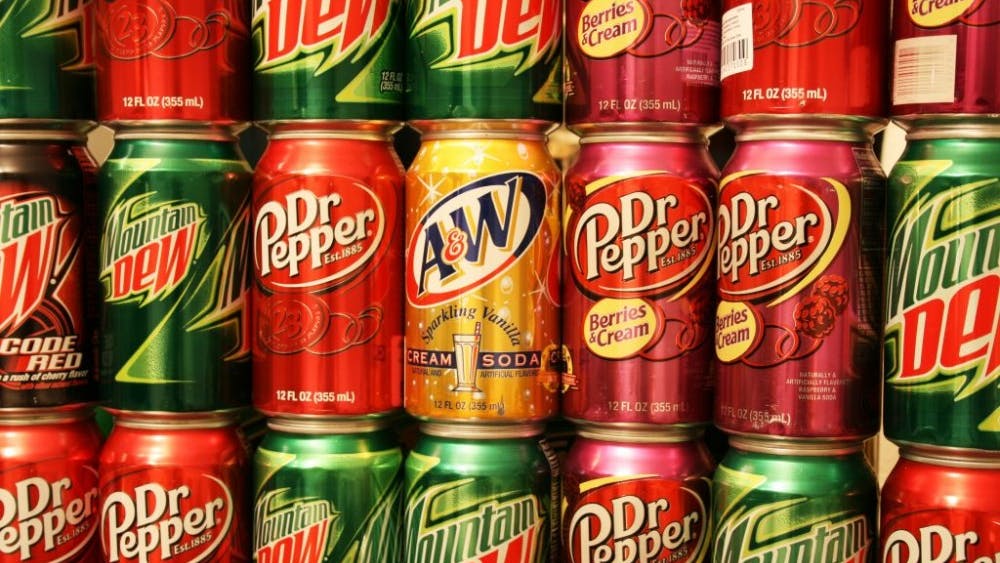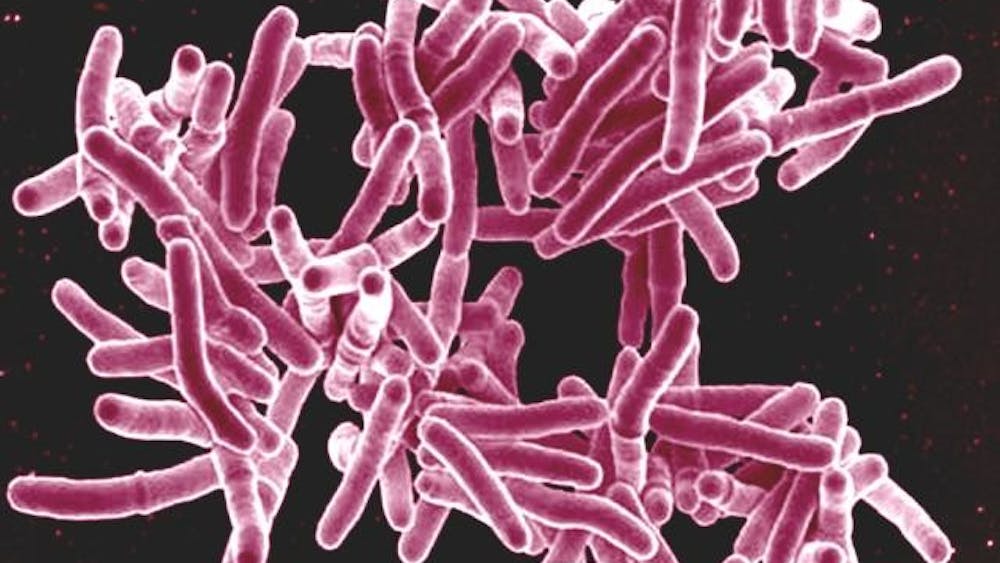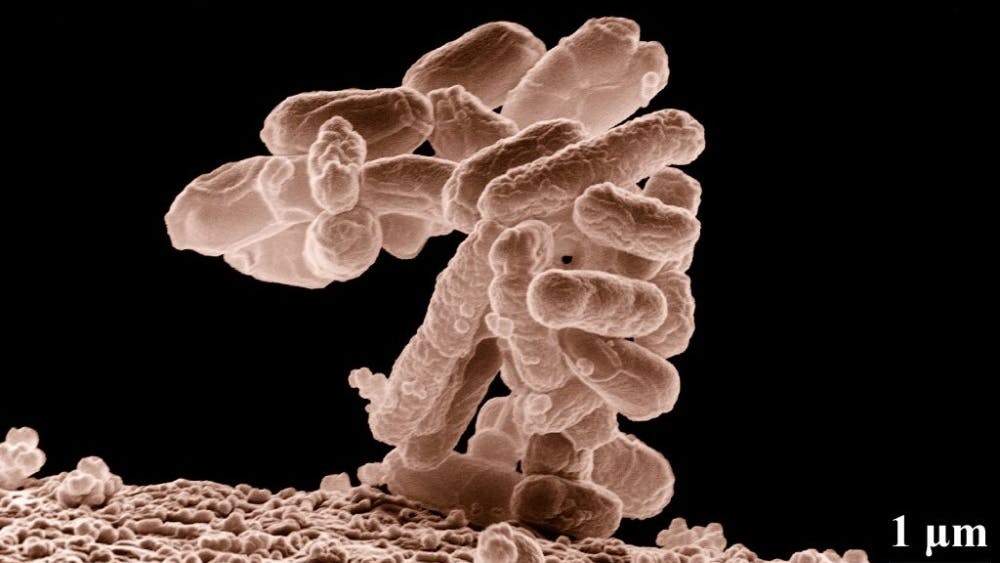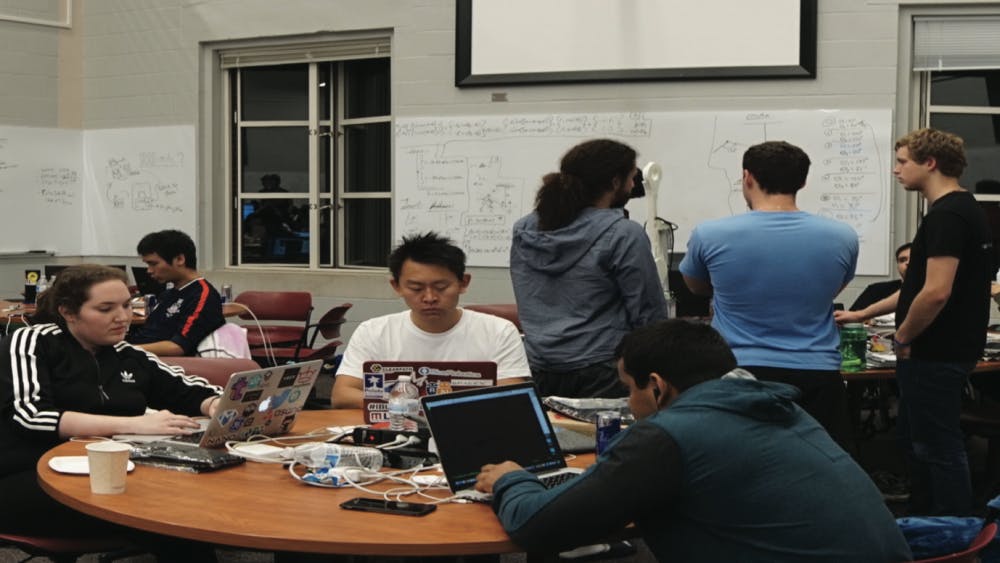Nanoparticle tattoos treat chronic diseases
By CATHY NIE | October 6, 2016Temporary tattoos might someday become the primary form of treatment for chronic diseases such as multiple sclerosis. Nanoparticles called PEG-HCCs (polyethylene glycol combined with hydrophilic carbon clusters) were created in the lab of James Tour, a chemist at Rice University. They help inhibit T lymphocyte cells that sometimes mistakenly attack innocuous cells in the body.

























